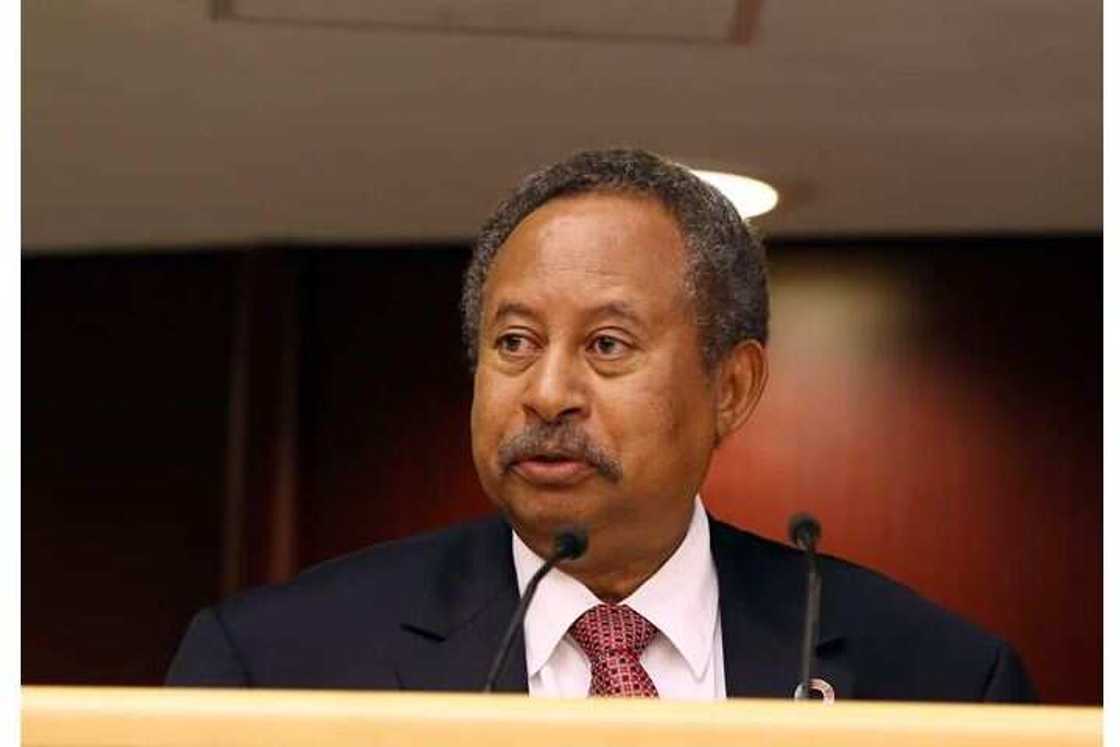National Disaster Looms As African Prime Minister Resigns
- There are growing fears that Sudan is on the brink of national disaster as components of its transition government are faced with frictions
- This is one of the reasons the prime minister of the African nation resigned from his office on Sunday, January 2
- Prime Minister Abdalla Hamdok lamented that his attempts to save Sudan from disaster are not yielding desired results
Prime Minister Abdalla Hamdok of Sudan on Sunday, January 2, resigned from his office at a time when the African nation is going through tension months after a coup.
Addressing fellow citizens on Sunday, Hamdok claimed he has tried his best to stop the country from sliding towards disaster, BBC reports.

Source: UGC
According to a publication by Guardian, he expressed fear that the country “is crossing a dangerous turning point that threatens its whole survival."

Read also
Boxing day indeed: Fight, punches in church during post-Christmas sermon, video captures shameful scene
The man who has been described as Sudan's civilian face cited the “the fragmentation of the political forces and conflicts between the components of the transition.”
PAY ATTENTION: Join Legit.ng Telegram channel! Never miss important updates!
Hamdok went on to state that “despite everything that has been done to reach a consensus… it has not happened”.
Sudan: 3 drastic decisions taken by soldiers after arresting PM Hamdok
Meanwhile, the crisis-ridden African nation, Sudan, gained prominence again for negative reasons on Monday, October 25, after a gang of armed daredevil soldiers besieged the presidential palace in Khartoum and placed Hamdok on house arrest.
What now appears as a successful coup was sequel to a failed attempt to overthrow the Sudanese government back in September just two years after the former long-standing leader, Omar al-Bashir, was ousted.
Immediately after Hamdok was gotten hold of by the soldiers and some of his ministers in the capital city, they made certain terrorising moves to subdue any form of internal and international resistance.
In a bid to keep local news media in the dark, the military cut off all telecommunications services such that information from Khartoum cannot get elsewhere.
Obeying orders from their high-ranking superiors, soldiers have also barricaded all roads leading to the presidential palace where Hamdok was held hostage.
The implication of this was that rescue missions will have a hard time getting to the fear-gripped city if they ever succeed.
Source: Legit.ng



